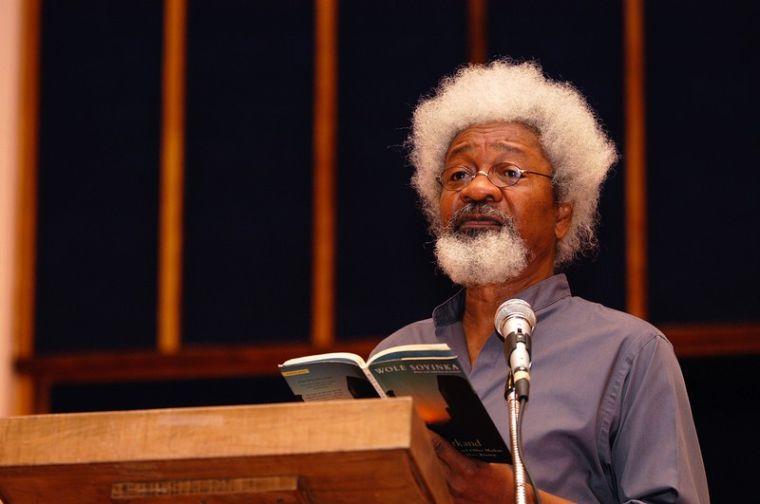Students gathered at Southern University yesterday to hear Nobel Laureate Wole Soyinka and choreographer Peter Badejo explain the art of African Bata dance and poetry.
Southern and LSU hosted a workshop for students as part of the joint university program, “Southern Crossroads: An Intersection of Diverse Artistic Expressions.” Attendance of LSU students was scant.
This is the second year the two universities have held the week-long Southern Crossroads program.
Michelle Zerba, English associate professor and Southern Crossroad coordinator, said the program was meant to bring students from both universities to each other’s campuses and “to enhance racial and cultural diversity in the arts.”
Zerba introduced Soyinka, a Nigerian who won the Nobel Prize for Literature in 1986. Zerba said as part of the Southern Crossroads program this year, Soyinka will be directing the production of his poem, “Samarkand: the Lyrics, Rhythms and Spirit of the Marketplace.”
The production will include Bata dance and music, a style that originated in West Africa and moved to the Western Hemisphere through the slave trade.
Soyinka told students poetry takes many forms, from rap music to scat singing.
Soyinka said that in Nigeria, words can be translated into music and drum beats. In his native language, words have equivalent drum beats, and someone can communicate by substituting words for drum beats.
Soyinka told students culture is not static and said they should be aware of that in poetry. He said students should not “look for a traditional interpretation” in his production.
The production’s music was composed by Tania Leon, a Cuban composer. Soyinka described the change in culture using Leon as an example.
Leon’s Cuban culture and music resembles that of its origins in West Africa, but with slight differences such as language.
Despite the insight and experience Soyinka and Badejo shared with students, an hour after the program began, only 21 students remained, none of whom were from LSU.
Crawford Leavoy, Student Government co-director of Minority Affairs, said he thinks there were not many University students because it was the beginning of midterms, and the English department just started publicizing last week.
“There were a lot of planning problems that could have been fixed,” Leavoy said. ‘The program was a great idea, but it’s hard to attract students to it without further explanation. It’s a great program and serves a great service to the community.”
Nigerian poet speaks at LSU-Southern art workshop
March 8, 2005
Nigerian poet speaks at LSU-Southern art workshop




